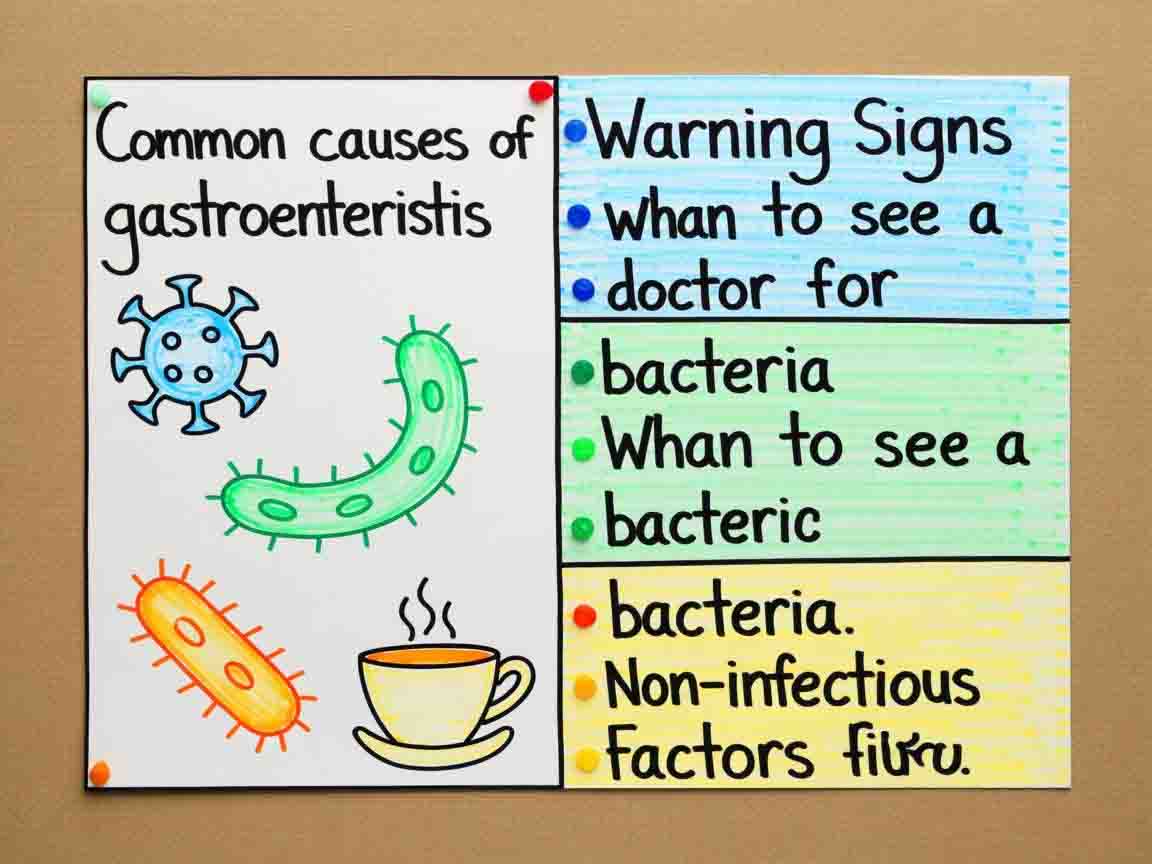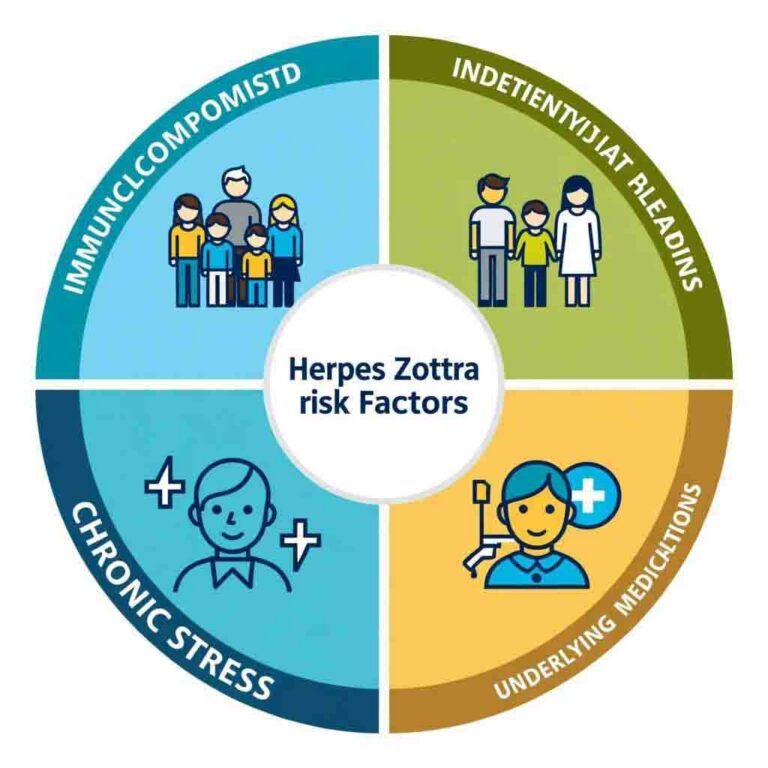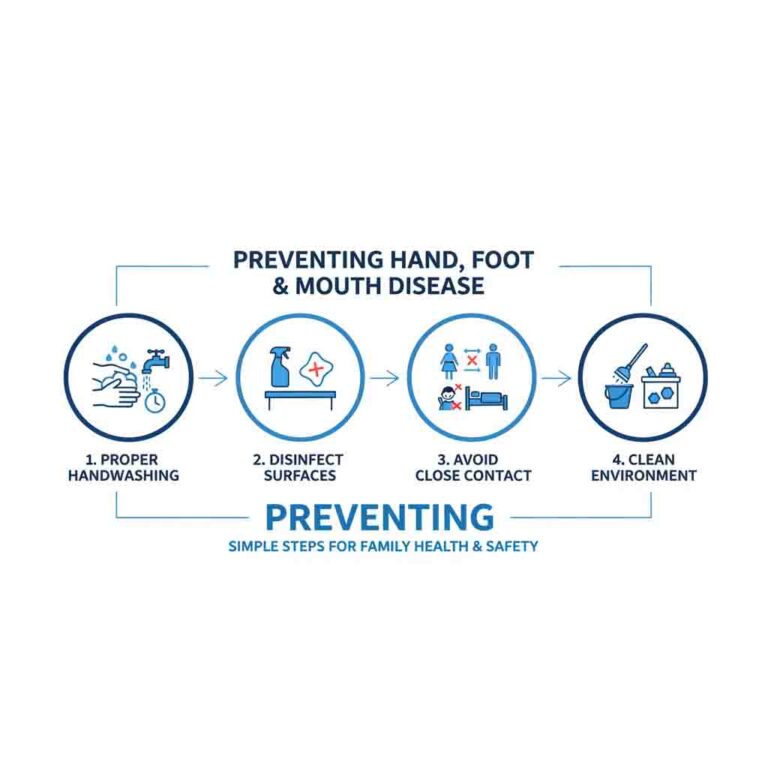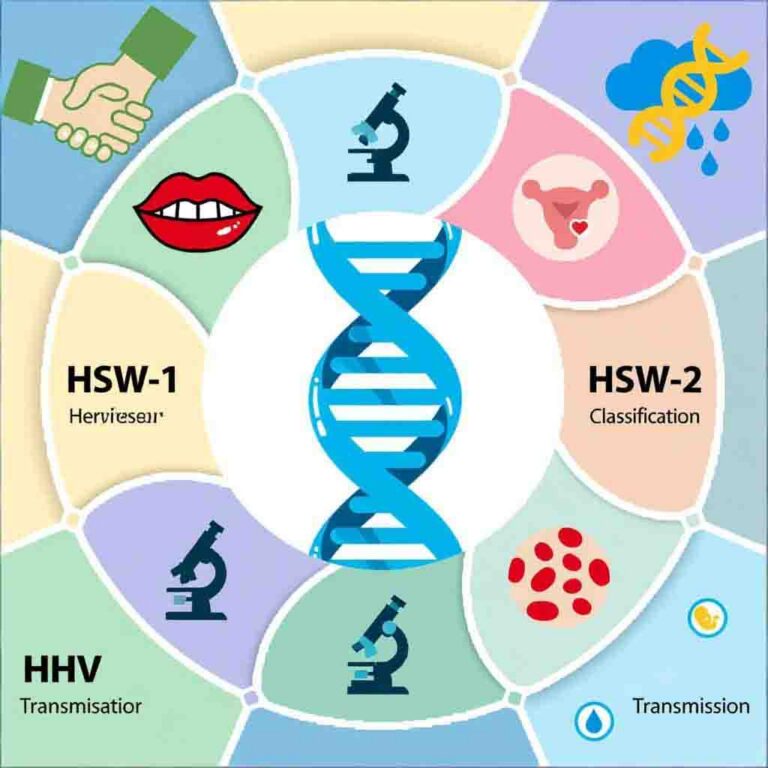Clinical Definition
Gastroenteritis refers to the inflammation of the gastrointestinal tract, involving both the stomach and the small intestine. It is clinically characterized by the acute onset of symptoms such as diarrhea, vomiting, abdominal pain, and cramping. The condition can be classified as infectious, caused by viral, bacterial, or parasitic pathogens, or non-infectious, resulting from exposure to toxins, medications, or other non-pathogenic irritants.
Clinical Coding & Classification
| Coding System | Code | Description |
|---|---|---|
| ICD-10-CM | A09 | Infectious gastroenteritis and colitis, unspecified. Used for presumed infectious cases where the specific pathogen is not identified. |
| ICD-10-CM | A08.11 | Acute gastroenteropathy due to Norovirus. |
| ICD-10-CM | A08.41 | Acute gastroenteropathy due to Rotavirus. |
| ICD-10-CM | K52.9 | Noninfective gastroenteritis and colitis, unspecified. |
| CPT | 99281-99285 | Emergency department services codes, frequently utilized for managing dehydration and severe symptoms. |
| Affected Systems | Gastrointestinal System, Fluid & Electrolyte Balance | |
Epidemiology & Statistics
Acute gastroenteritis is a highly prevalent condition globally. According to WHO data, diarrheal diseases are a leading cause of morbidity and mortality, particularly in children under five years of age, accounting for hundreds of thousands of deaths annually worldwide. In developed countries, viral pathogens like Norovirus are the primary cause of outbreaks, responsible for millions of cases of foodborne illness each year. Rotavirus was historically a major cause of severe diarrhea in infants before the widespread implementation of vaccination programs, which have significantly reduced its incidence.
Pathophysiology (Mechanism)
The pathophysiology of infectious gastroenteritis involves pathogen-induced damage to the intestinal epithelium. Viruses, such as Rotavirus, replicate within enterocytes, leading to cell lysis and villous blunting, which impairs the absorptive capacity of the small intestine and causes malabsorptive diarrhea. Bacteria, such as E. coli or Vibrio cholerae, can produce enterotoxins that bind to intestinal epithelial cells, triggering intracellular signaling pathways (e.g., cyclic AMP). This leads to the active secretion of chloride ions and water into the intestinal lumen, resulting in secretory diarrhea. The resulting fluid and electrolyte loss is the primary cause of morbidity and mortality associated with the condition.
Standard Management Protocols
The cornerstone of management for acute gastroenteritis is supportive care focused on preventing and treating dehydration. Pharmacological intervention is often secondary.
- Fluid and Electrolyte Replacement: Oral Rehydration Therapy (ORT) using solutions containing a specific ratio of glucose and electrolytes is the preferred method for managing mild to moderate dehydration. Intravenous (IV) fluid administration is reserved for severe dehydration, shock, or when oral intake is not possible due to persistent vomiting.
- Pharmacological Classes:
- Antiemetics: MOA involves blocking neurotransmitter receptors (e.g., serotonin 5-HT3, dopamine D2) in the brain’s chemoreceptor trigger zone to control nausea and vomiting. Their use is considered for symptomatic relief to facilitate ORT.
- Antidiarrheal Agents: (e.g., Loperamide) MOA involves acting on opioid receptors in the gut wall to inhibit peristalsis. These are generally not recommended for infectious diarrhea, especially in children or cases involving invasive pathogens, as they may prolong infection.
- Antibiotics: Reserved for specific, confirmed cases of bacterial or parasitic gastroenteritis and are not effective for viral etiologies.
Healthcare Resource Utilization
Gastroenteritis represents a significant burden on healthcare systems, primarily through emergency department visits and hospitalizations for dehydration, especially among pediatric and elderly populations. According to CDC estimates in the United States, Norovirus alone contributes to millions of outpatient visits and tens of thousands of hospitalizations annually. Indirect costs are also substantial, stemming from lost productivity and absenteeism from work and school. The management of outbreaks in institutional settings like hospitals and long-term care facilities requires considerable resources for infection control and containment.







